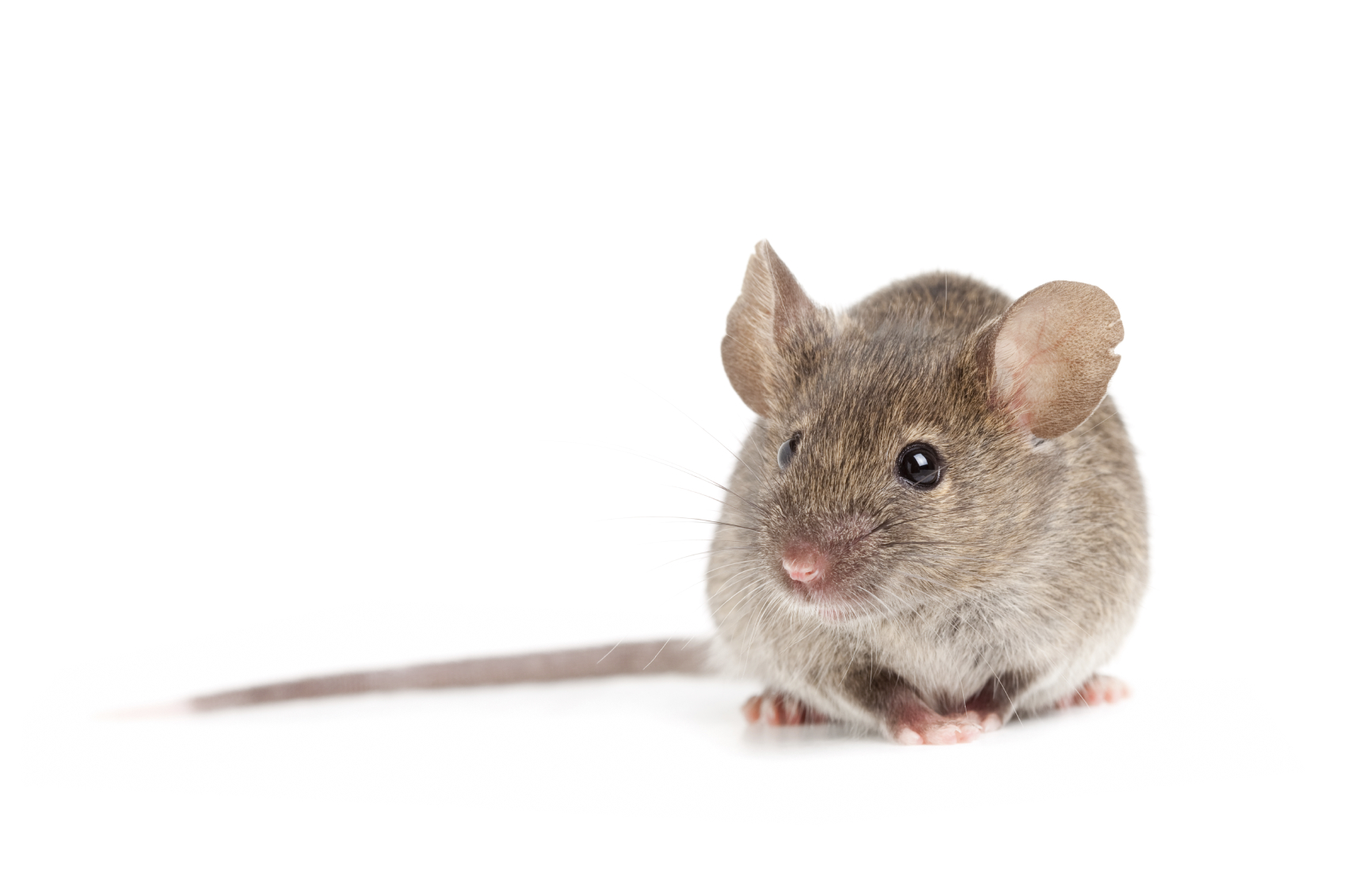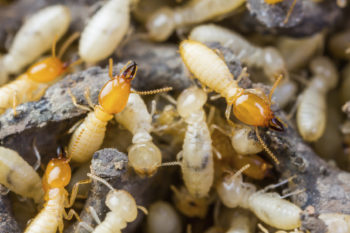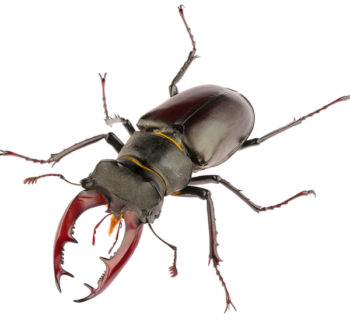
With the fall season nearly upon us (fall officially arrives on September 22), rodents, particularly mice, become more active in seeking new sources of food, water and shelter in and around your home. Why is there a rodent “surge” this time of year?
Michigan’s dry, hot summer depleted many naturally occurring food and water sources and this causes rodents to explore their surroundings more aggressively in search of these necessities. And like humans, rodents also look for relief from the elements (i.e. heat) and associate cooler locations with water sources.
The house mouse is a curious creature and will readily explore your home using wall voids, utility pipes and wires, and heating and cooling ductwork to move around in search of their next meal. As a result, wall and cabinet voids near kitchen appliances (i.e. refrigerators, dishwashers, stoves, etc.) and pantries are common nesting sites for mice.
And mice are patient invaders that will wait for just the right opportunity – a door left propped open, being a stowaway in a box of off-season clothes brought in from a storage area, an open bag of pet food or a dime-sized opening in the foundation or door frame – to enter your home.
How do you know if you have a mouse problem? Some common signs of a possible rodent infestation include the following:
- Rodent droppings (usually black in color and ¼ to ½ inch long) and urine (best detected using a black light)
- Chewed electrical, computer or cable wiring (a major cause of electrical fires)
- Unexplained chewing or gnaw marks on carpet, upholstery, drapes, furniture and baseboards
- Chewed on food product packaging in your pantry
In addition to the kitchen, what areas of your home are most vulnerable to attracting an unwanted rodent infestation? Griffin Pest Solutions identified the following “rodent hot spots” in homes:
- Attached garages and storage areas above these locations where storage boxes, pet food and other items are found
- Bathroom cabinet voids
- Utility rooms and areas beneath, and within base voids of furnaces, washers and clothes dryers
- In wall, ceiling and floor voids
- In the insulation of attics and in the contents of the attic (i.e. storage boxes)
- In basements and crawlspaces near utility openings
- Firewood stacked next to the house and near a door
If you have a problem with or have questions about stinging insects call or e-mail Griffin Pest Solutions at 888/547-4334 or callcenter@https://www.griffinpest.com/





